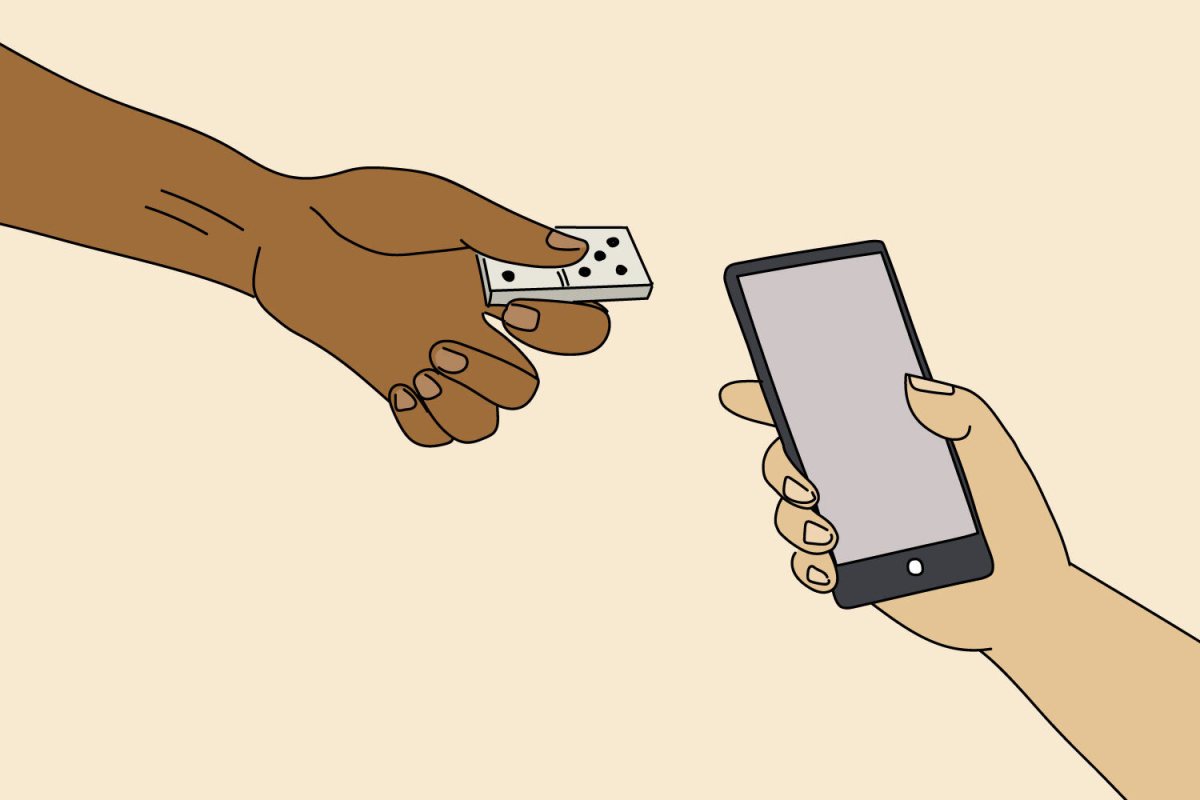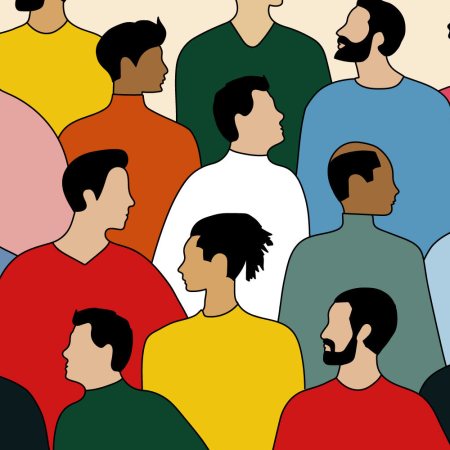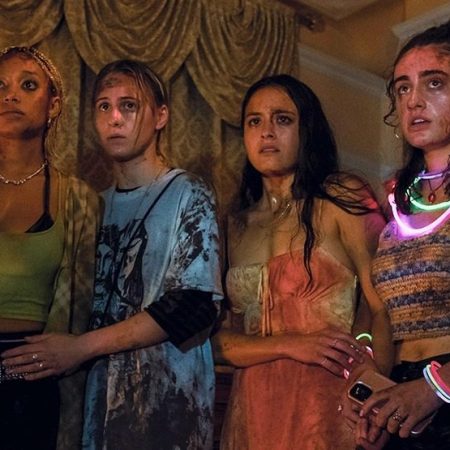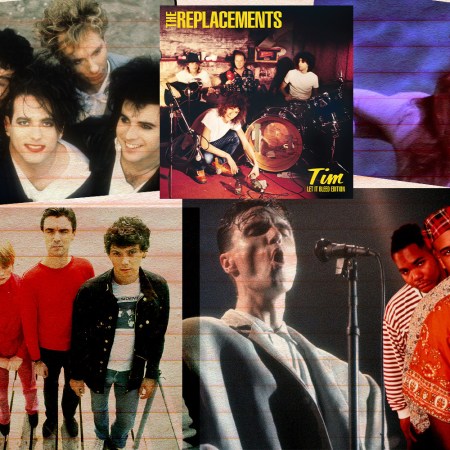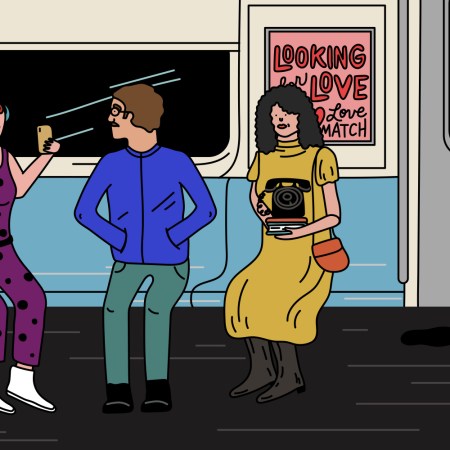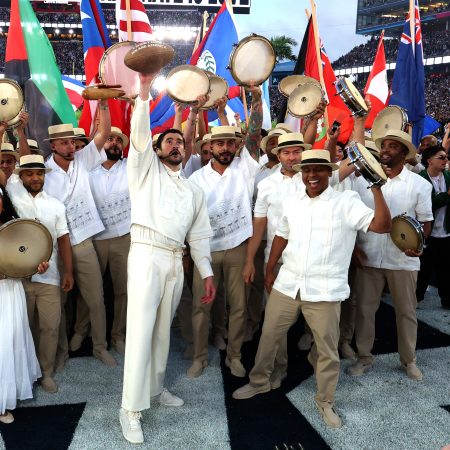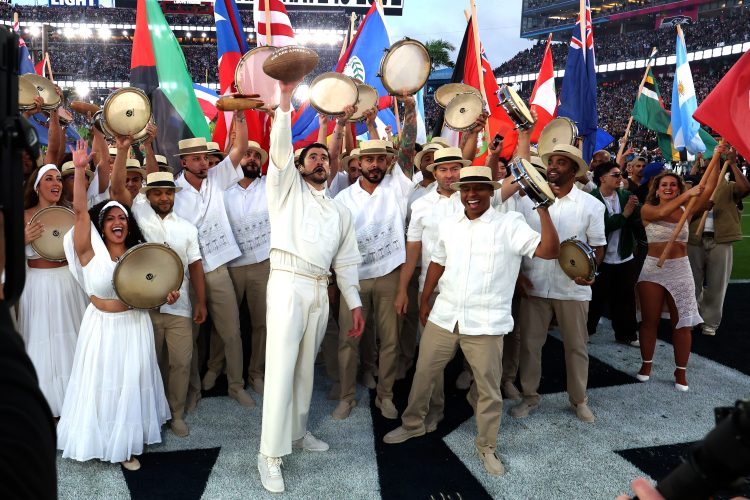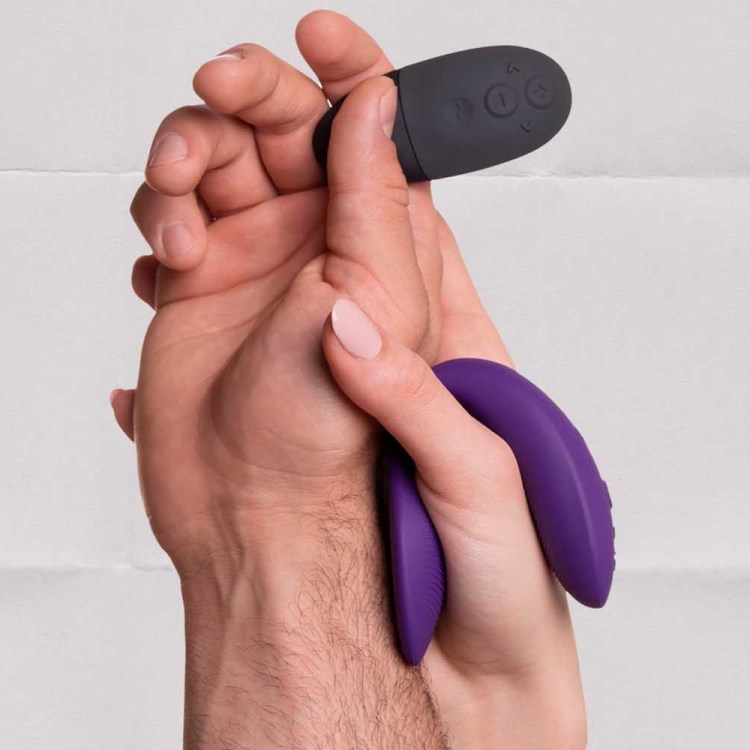During the month of April, we’re publishing a series of interviews, essays, advice columns and reported features about the male friendship crisis in the U.S., a particularly troubling slice of the country’s larger loneliness epidemic. There’s no one-size-fits-all solution, so we’re breaking it down from all angles in The Male Friendship Equation. This is part one of Friends in a Polarized Nation: interviews with men who are reaching across some of the country’s biggest divides.
It’s impossible to scroll through your favorite social media app these days without happening upon generational skirmishes. On TikTok, Gen Zers and Millennials simultaneously roast Baby Boomers for their tech incompetence and lament how much easier older generations supposedly had it. Meanwhile on Facebook, where older adults appear to have decamped, Gen Xers and Boomers add hundreds of laughing emojis to memes about entitled youngsters and “Millennial anti-theft devices.” If social media is a space where individual people are distilled into profile pictures and curated photos, then it seems entire generations of Americans have been distilled into jokes.
Harold Knight is not a fan of social media himself. The Gen Xer, whose friends call him Toniy, admits he is on some platforms because, as he says, “I’m realizing that it’s necessary to educate myself,” but he has an aversion to even older forms of tech that have seeped into his everyday life.
“I will tell you right now I do not like voicemail,” the 55-year-old says, somewhat ironically, seeing as he’s being interviewed by phone. “I do not like email a whole lot of the time. I do not like text messaging a whole lot of the time. What I really hold onto, what I really appreciate the most, is being able to interact with people in person.”
One of the people Toniy looks forward to interacting with most is Yongjae Kim, a 21-year-old student at Northeastern University. Every Wednesday, the unlikely pair meet up in a common area of Toniy’s apartment building in Boston to hang out. Their friendship is “unlikely” because Toniy, a Gen X man with dyslexia who was born in Jamaica but came to the U.S. at six months old, and Yongjae, a Gen Zer born in South Korea but who grew up in Philadelphia, would probably never have met if they weren’t each determined to seek out a friendship with someone outside their age group. But that desire to reach a hand across the generational divide, as opposed to yelling across the digital chasm, comes naturally to Yongjae.
“I’ve always tended to hang out with the older age group and crowds,” he says. “Even as a child when I was growing up, I was raised in the Korean church, and instead of hanging out with all the little kids in the yard, I always loved sitting with the adults and listening to them talk.”
How to Recover a Friendship You Lost
Trust, intimacy and olive branches are all crucial, according to relationship experts. So is recognizing that your pickleball partner may not be on the same level as your college roommate.That led him to take up a position as program coordinator with the Boston arm of Little Brothers-Friends of the Elderly (LBFE), whose goal is “to relieve and prevent social isolation among older adults living in Boston’s affordable and public housing,” according to Jean DeMayo, the organization’s director of marketing and development. But while that’s the one-sentence mission statement, she says it’d be wrong to think of the friendships that form through LBFE’s work as one-sided.
“At the start of each program session, the older and younger adults sit down together and say, ‘What are we interested in individually? As a group? Is there a certain skill or activity you want to learn?’ That’s on both sides,” DeMayo says of the group’s Intergenerational CitySites initiative, which pairs college students with older adults. “The purpose of that is really not to provide a service to older adults, it’s really to have a collaborative, mutually beneficial relationship and friendship.”
In the case of Yongjae and Toniy, their activities admittedly did start one-sided. In Toniy’s building, an apartment for older adults and people with disabilities, the residents often get together to play dominoes, and he started by showing Yongjae the ropes. A subsequent visit found them wrapping up a Quran and decorating the package, which Toniy, who is Muslim, was going to send to a woman he met at the supermarket — she confided in him that she lost her copy. But as their weekly get-togethers progressed, they moved on from get-to-know-you activities to more personal topics; in those deeper waters, they’ve found themselves bumping into certain generational divides while bypassing others through shared interests.
Both of them appreciate the finer points of jazz, specifically John Coltrane. Toniy used to work at a Tower Records store when those still existed; Yongjae used to play trumpet in high school. “I don’t play as much anymore,” he admits. Before moving onto another question, Toniy interjects, “Don’t worry. I’ll get him started again.” But when it comes to tech and social media, the two friends have vastly different experiences — which leads to vastly different outlooks.
“It’s hard to generalize, but I think there’s probably a common sentiment that we [Gen Zers] spend too much time on social media and online for our own good,” Yongjae says. “I think that’s a big point of confusion between the generations, because for our younger generation having grown up with phones, it’s very ingrained into our lives.”
Just because somebody’s younger doesn’t mean they’re not lonely.
Donna butts, executive director of Generations united
In his program coordinator job with LBFE, Yongjae also teaches older adults computer skills on laptops. During those sessions, he says, “I realized how differently people in the different generations can view technology.” While he sees laptops and smartphones “like a basic tool, almost like I would look at a knife in a kitchen,” he understands those who didn’t grow up with iPhones and smart devices may view them with more skepticism. Some of the people he works with have “never used a trackpad or a keyboard before.”
When asked whether he thinks the proliferation of tech in people’s lives is a net positive or negative, Toniy is very clear on his stance. “It’s not a good thing,” he says, “I mean, can you imagine an 8-year-old or 12-year-old or 15-year-old wanting a cell phone for their birthday?” Yongjae certainly can: he got his first smartphone at 10, because his parents wanted him to have it in case he ever got lost.
While they may never see eye-to-eye on this topic, by opening themselves up to a friendship across a 30-year age gap, these two have come to look at the tech debate in a new way: Yongjae says he’s considered how he would approach introducing social media to his children if he were to become a parent; Toniy admits that it’s not healthy to block out new technology entirely. And there are other things they’ve taught each other, outside smartphones and dominoes.
In high school, Yongjae had built-in friendships through school, church, sports and other extracurriculars, but now that he’s in college, he’s felt more isolated. “Toniy has really taught me to be more proactive about creating my own community,” he says. On Toniy’s end, while he’s a gregarious guy, striking up conversations with people in the grocery store, Yongjae has taught him the importance of getting out of his comfort zone. “Since we’ve met each other, it’s remembering to try new things,” Toniy says. “By having my relationship, it’s like: let’s paint, let’s go for a walk, let’s do something which means don’t play dominoes all day long. That’s not a good idea. Too much of anything is not a good thing.”
According to Donna Butts, executive director of Generations United, a nonprofit supporting programs and advocating for public policy around intergenerational collaboration, that includes having friends exclusively in your own age bracket.
“One thing I always say is: if you don’t have a friend who’s older or younger than you, find one,” says Butts, who has led Generations United since 1997. “With older adults, if they’re just with older adults, they have a tendency to talk about the three Ps: pain, pills and passing. If you’re with another generation, you’re not just talking about what hurts, what medication you’re on and who died. It keeps you alive. For younger people, it provides that perspective that they don’t have.”
It’s not just about perspective, though. Echoing DeMayo’s sentiment about the two-way relationship in intergenerational friendships, Butts says there’s an important thing to remember about Millennials and Gen Zers: “Just because somebody’s younger doesn’t mean they’re not lonely.” The data backs this up, with a 2023 Meta-Gallup survey of 140 countries finding that young adults aged 19 to 29 had the highest rates of loneliness — 27% of them reported feeling “very or fairly lonely.”
Even though LBFE’s mission is to mitigate social isolation among older adults, it’s clear young adults like Yongjae are in need of help on this front, too. It’s misconceptions and surprises like these that get unearthed when people who are 30, 40, 50 years apart get together and see each other as individuals, rather than part of a labeled generation.
“I think it’s hard for younger generations and older generations to understand each other right now because there’s not as much interaction,” says Yongjae. “A lot of younger people tend to write off older adults and say, ‘They live such different lives, what could I gain from them?’”
In his case, Yongjae says he’s gained not just a new friend and a new perspective on an older generation, but he now has a regular Wednesday hangout that’s part of his new, self-made community.
“We’re always sad when we run out of time and have to pack up,” he says.
As for Toniy, while he doesn’t have all the answers to solving the divides among generations, he does have a solution to this particular problem. “I refuse to pack up,” he laughs.
Update – 4/5/2024: This story was edited to correct the spelling of “Toniy” from “Tony.”
The Charge will help you move better, think clearer and stay in the game longer. Subscribe to our wellness newsletter today.
